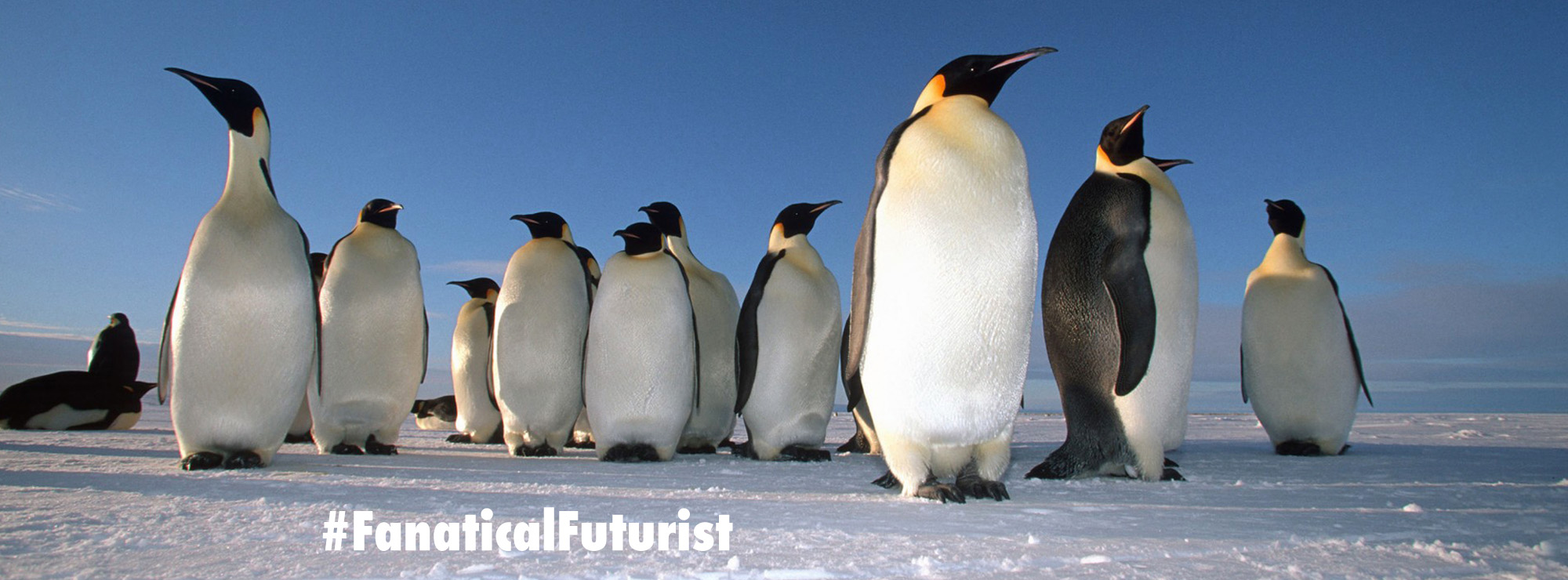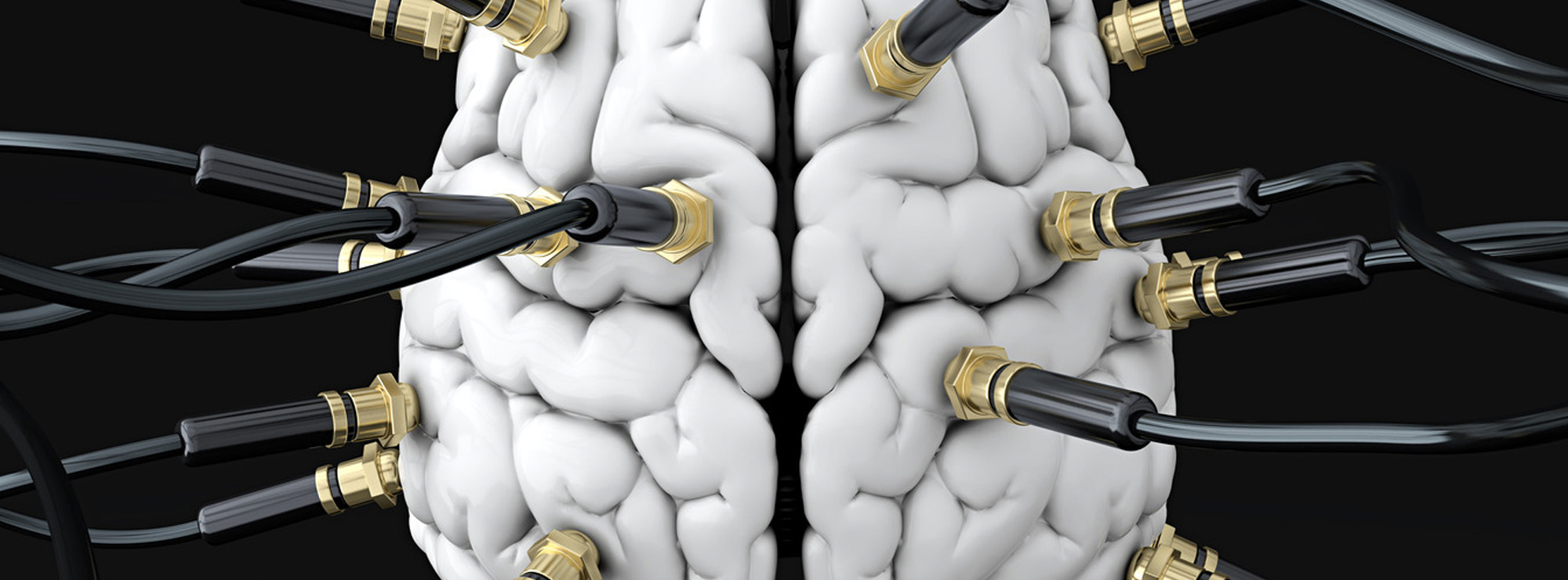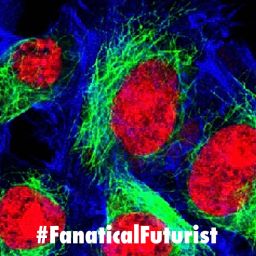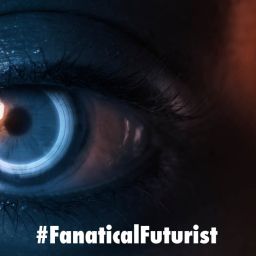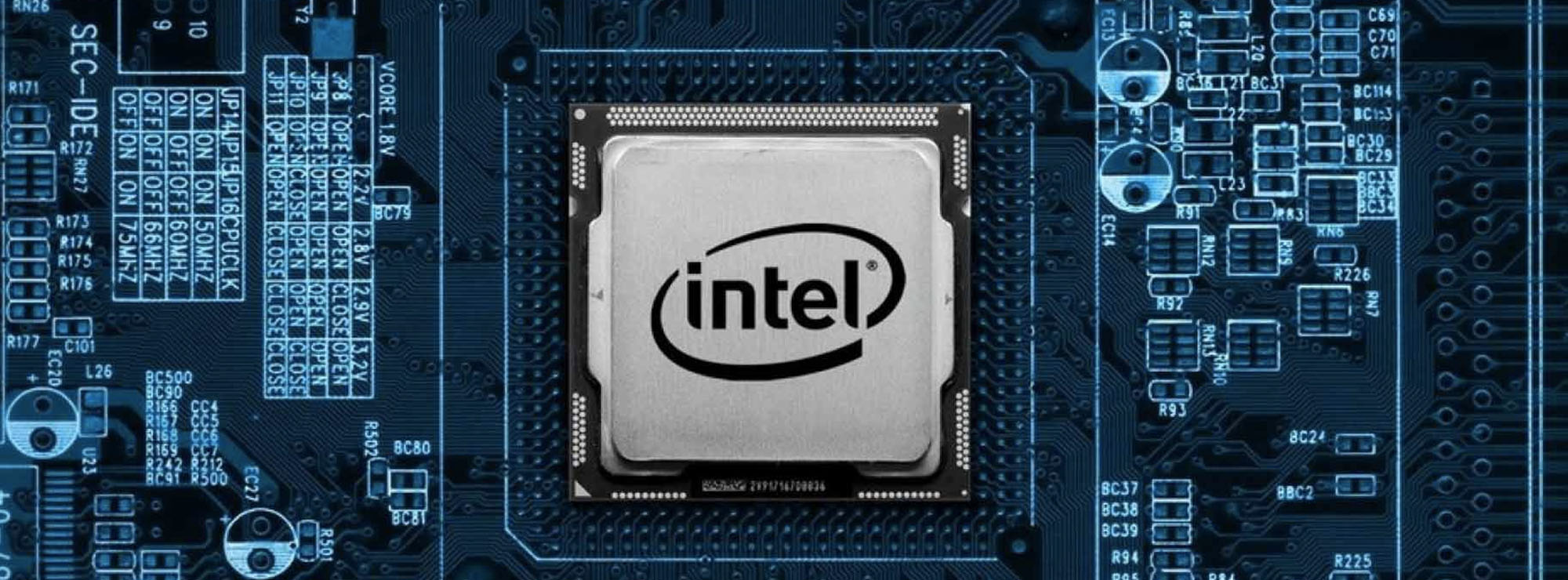WHY THIS MATTERS IN BRIEF
As AI automates different jobs we will find ourselves having to switch not jobs but careers more often.
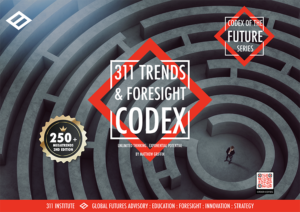 Love the Exponential Future? Join our XPotential Community, future proof yourself with courses from XPotential University, read about exponential tech and trends, connect, watch a keynote, or browse my blog.
Love the Exponential Future? Join our XPotential Community, future proof yourself with courses from XPotential University, read about exponential tech and trends, connect, watch a keynote, or browse my blog.
We’ve all got used to changing jobs throughout our careers – American adults have held down an average of 12 by the time they’re 55. But now we’re entering an era in which most of us won’t just have one career – note the emphasis on “career” rather than “jobs” – but many. And this represents a huge societal change.
Employment experts predict the rapid pace of change in employment will mean individuals will need to become lifelong learners to prepare them for multiple career changes during their working lives.
The World Economic Forum’s (WEF) Future of Jobs Report says that two-fifths of the core skills workers have today will be disrupted by technological change by 2027. Half of all workers’ core skills will need to be updated every five years, the report adds.
The Future of AI and Career Development, by Future of Work Keynote Matthew Griffin
The scale of change in the job market caused by the Fourth Industrial Revolution was being accelerated by economic and geopolitical disruptions and growing social and environmental pressures, the report added, creating an increasing need to embrace a culture of lifelong
Research by career planning website Zippia found that the COVID-19 pandemic has caused an increase in the number of people making career changes. Partly this was because they had no choice – almost two-fifths of the US workforce lost their jobs in 2020.
Almost two-thirds of workers in the US are actively looking for a new job. The research found that workers stay with one employer for an average of about 4.1 years, holding down an average of 12 jobs in a working lifetime.
Some analysts suggest Americans already have an average of seven careers in a lifetime, but others say the data is unreliable. Whatever the actual figure, Zippia’s research says the average age for making a career change is 39, but as technologies such as Artificial Intelligence (AI) accelerate job automation that average age could drop quite dramatically in the years and decades to come.
The latest global Workmonitor survey by recruitment company Randstad found that while many workers are satisfied with their current career, priorities are changing. More than 8 in 10 said they were rethinking how their job fits with their personal schedule and 77% want more career flexibility.
There’s been much media speculation about what, in the US, has been dubbed the Great Migration – people swapping jobs and careers in the wake of the pandemic. It follows on from the so-called Great Resignation in which four million Americans quit their jobs in a single month in 2021.
The Great Migration has been summed up by US employment analyst Josh Bersin as: “Employees migrating from ‘crummy jobs’ to ‘better jobs’ and from ‘companies that don’t seem to care’ to ‘companies that really really care’.”
“Lifetime employment at a single job is largely a thing of the past,” career coach Caroline Castrillon wrote recently in an article in Forbes. “While some employers may frown upon non-linear careers, those attitudes are quickly changing.”
She said that companies increasingly value flexible workers who can adapt to change. Transferable skills will become more important in the future, even if it means people working outside their comfort zone, she added.
The Forum’s report says that, in the future, employers will expect workers to have “socio-emotional skills related to self-efficacy and continuous learning” such as analytical and creative thinking, resilience, flexibility, motivation and curiosity.
To succeed in the non-linear careers of the future, people will need to develop empathy and active listening, leadership and social influencing skills, as well as the ability to teach and mentor others, the report adds.


